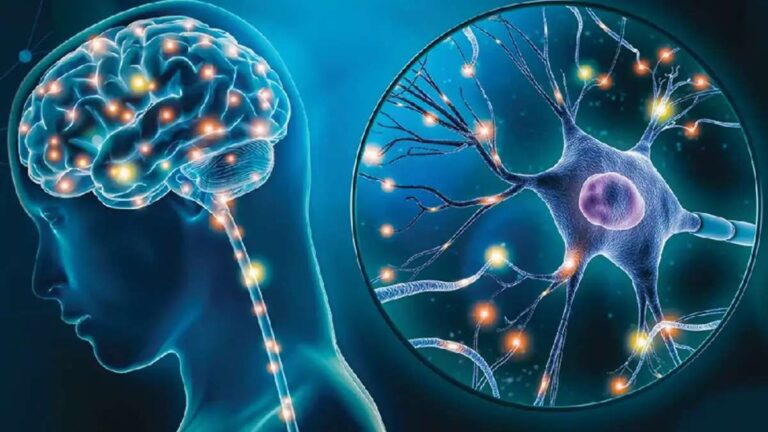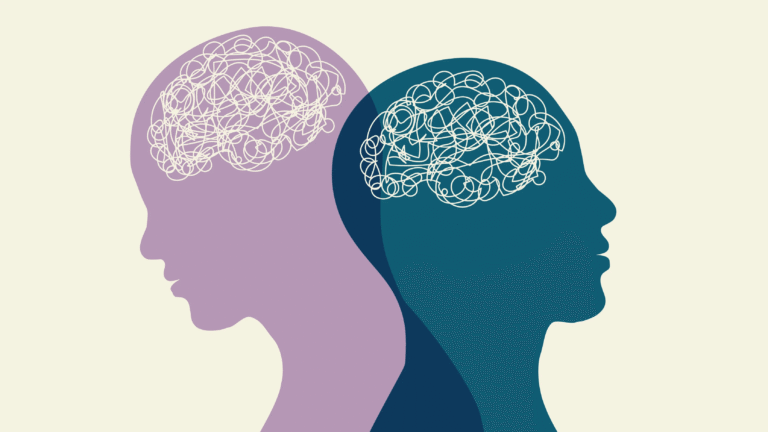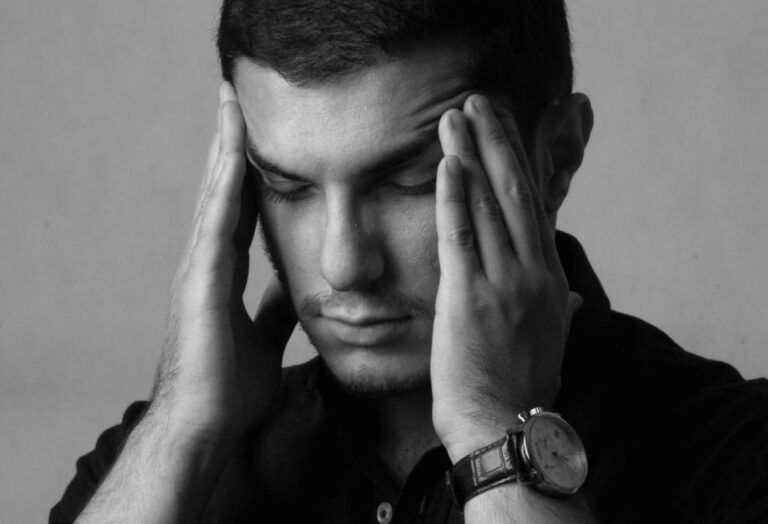Have you ever caught yourself smiling during a tough day, only to feel a slight lift in your low mood? It’s not just a coincidence. Smiling, as simple as it seems, can actually be a powerful tool in coping with depression. While it may not be a cure-all solution, the act of putting on a happy face can potentially unlock a cascade of positive effects on your emotional well-being.
Understanding Depression
Depression is a complex mental health challenge that affects millions worldwide. It’s a battle that often requires a multi-faceted approach, combining professional treatment with personal coping strategies. In this regard, smiling has emerged as an intriguing and accessible technique that individuals can incorporate into their daily lives.
Let’s explore how smiling can help you find your way out of a depressive episode and into a brighter place.
The Science Behind Smiling

You know how they say laughter is the best medicine? Well, smiling might just be a close second. According to research, the act of smiling triggers the release of neurotransmitters like dopamine and serotonin, which are associated with feelings of happiness and well-being. This phenomenon, known as the ‘facial feedback hypothesis,’ suggests that our brain interprets the physical act of smiling as a signal to experience positive emotions.
Another study has also shown that even forced or fake smiles may have a positive impact on our mood, though it won’t necessarily change your levels of anxiety disorder or other depressive symptoms. But when you consciously put on a smile, your brain responds by releasing these feel-good chemicals, potentially lifting your spirits and improving your overall emotional state.
So, make smiling work for you and try to do it more often. If you’re worried about the quality of your smile or perhaps your teeth, you can say, “See you, my dentist!” for some dental checkups. The healthier your smile is, the more likely you’re going to wear it on your face.
A Holistic Approach
While smiling can be a helpful coping strategy, it’s important to recognize that it should not be viewed as a standalone solution for severe depression or other mental health conditions. Instead, it should be incorporated into a comprehensive approach that includes professional depression treatment, such as therapy sessions and medication when necessary.
It’s also crucial to acknowledge that the act of smiling may not be equally effective for everyone. Clinical depression is a complex condition with different depression symptoms, and individuals may respond differently to various coping strategies. For instance, some may find smiling more helpful than others, while others may find comfort in other approaches.
Practical Tips For Incorporating Smiling In Your Daily Life
If you’re interested in exploring the potential benefits of smiling as a coping mechanism for depression, here are some practical tips to get you started:
Practice smiling in the mirror
Smile at yourself! Think of this as another form of self-care or self-compassion. This might feel silly at first, but practicing smiling in the mirror as part of your daily routine can help you get comfortable with the feeling of smiling. Try different types of smiles: a big, cheesy grin or a subtle, sly smile. See how it makes you feel and how it affects your wellness and positive thinking.
Surround Yourself With Positive Visuals
Place photos, artwork, or other visual reminders that evoke positive emotions and encourage smiling in your living or workspace.
Watch a funny movie or TV show
Watching a hilarious movie or TV show can be a great way to catch the laughter bug. Choose a comedy classic or a recent release that’s got everyone talking. Let the witty dialogue and silly antics transport you to a happier place.
Read a humorous book or comic strip
Get lost in a lighthearted novel or comic strip that tickles your funny bone. Whether it’s a bestselling humor book or a beloved comic strip, reading something humorous can help shift your focus away from negative thoughts and put a smile on your face.
Look at funny memes or videos online
The internet is full of hilarious memes and videos just waiting to be discovered. Take a break from scrolling through social media and search for funny content instead. You might find yourself giggling at a silly cat video or chuckling at a relatable meme.
Spend time with people who make you laugh
Surround yourself with individuals who provide fun, joy and laughter into your life. Whether it’s a friend, family member, coworker, or other social support, spend time with someone who makes you laugh and helps you see the humor in life. Laughter is contagious, after all!
Engage In Laughter Therapy
Laughter is closely linked to smiling and can have similar mood-boosting effects. Consider laughter therapy by attending laughter yoga sessions or laughter meditation and tap into the power of laughter and smiling to reduce stress and even alleviate symptoms of depression, mood disorder, and anxiety.
Combine With Other Coping Strategies
Smiling can be a powerful addition to other coping skills, such as exercise, gratitude journal, mindfulness practices, physical activity, lifestyle changes, talk therapy, or engaging in hobbies you enjoy.
Seek Professional Support
While smiling can be a helpful coping tool, it’s essential to seek professional help from a
therapist or mental health professional to develop a comprehensive plan for managing
depression.
Takeaway
Remember, smiling is not a cure for depression, but it can be a useful tool in coping with the condition. It’s not always easy, but with practice, you can learn to put on a happy face and start feeling better. So, go ahead and start smiling your way to a better mood.










